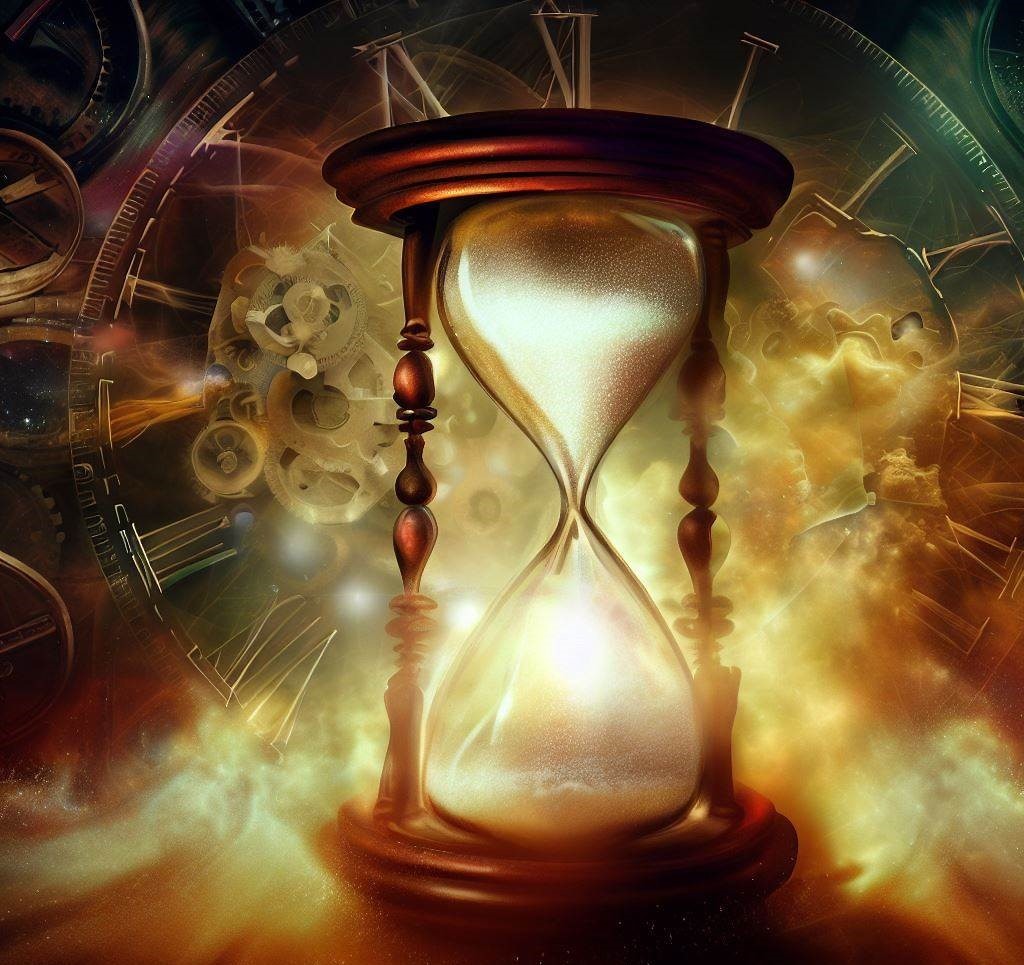Time is an ever-present, constant force that governs our lives. It’s an essential aspect of our existence, but have you ever wondered about the history of time and how humans came to measure it? In this blog post, we’ll unravel the fascinating story of our time units, from their discovery to their philosophical significance.
When Was Time First Discovered?
Time, in its abstract sense, has always been part of human existence. The concept of time as a continuous, measurable entity, however, evolved over millennia. Ancient civilizations like the Egyptians and Sumerians used sundials and water clocks as early timekeeping devices around 1500 BC. These rudimentary instruments marked the beginning of humanity’s quest to understand and measure time.
Who First Discovered Time?
It’s challenging to attribute the discovery of time to a single individual, as the concept of time likely emerged gradually across various cultures. Early timekeepers, such as the astronomers and engineers of ancient civilizations, contributed to the development of time measurement techniques.
What Is a Time History?
A time history is a chronological record of events and their respective timestamps. It’s a crucial aspect of historiography, helping us understand the progression of events over time. Time histories enable us to analyze historical trends, track cultural shifts, and gain insights into how societies have evolved.
How Is Time Recorded in History?
Time recording in history has evolved alongside technological advancements. Ancient civilizations used sundials, water clocks, and astronomical observations. With the advent of mechanical clocks in the Middle Ages, precise timekeeping became more widespread. The introduction of standardized time zones in the 19th century further refined our methods of recording time, making global coordination possible.
Who Invented 24-Hour Time?
The concept of a 24-hour day can be traced back to ancient Egypt, where sundials divided the day into ten equinoctial hours. The idea of 24 hours in a day gained prominence in medieval Europe, thanks to the work of scholars and astronomers. By the 14th century, mechanical clocks with hour hands and 24-hour dials became common in European cities.
When Did Humans Start Keeping Time?
Humans have been keeping time in various forms for thousands of years. The earliest timekeeping devices were sundials and water clocks used by ancient civilizations. As societies advanced, so did timekeeping methods. The industrial revolution and the need for precise timekeeping for train schedules and industrial processes played a significant role in the development of modern timekeeping.
Why Does Time Exist?
The existence and nature of time have puzzled philosophers, physicists, and theologians for centuries. Time exists as a fundamental aspect of our universe, governing the order of events and the progression of cause and effect. Philosophically, the question of why time exists delves into the mysteries of the universe and the nature of reality.
Time’s existence is intimately connected to the expansion of the universe, the flow of entropy, and the arrow of time, all of which are subjects of intense scientific and philosophical inquiry.
For a more comprehensive exploration of the concept of time, you can visit Wikipedia’s page on Time.
In conclusion, the history of time units is a rich tapestry of human ingenuity and philosophical contemplation. From ancient sundials to atomic clocks, our understanding and measurement of time have come a long way. Time is not just a measure of hours and minutes; it’s a reflection of the intricate relationship between humanity and the cosmos, a subject that continues to inspire exploration and discovery.
As we navigate our daily lives, let’s take a moment to appreciate the profound history and significance of the time units that shape our existence.
Originally posted 2023-09-12 09:34:00.

